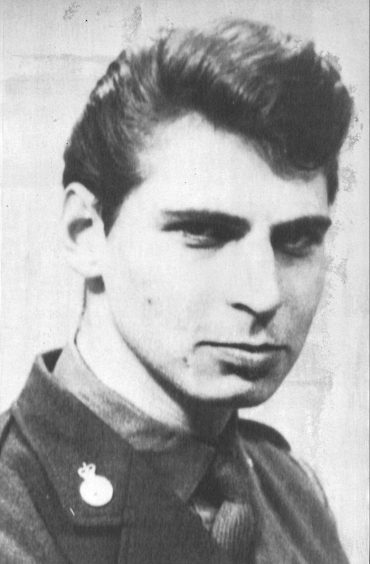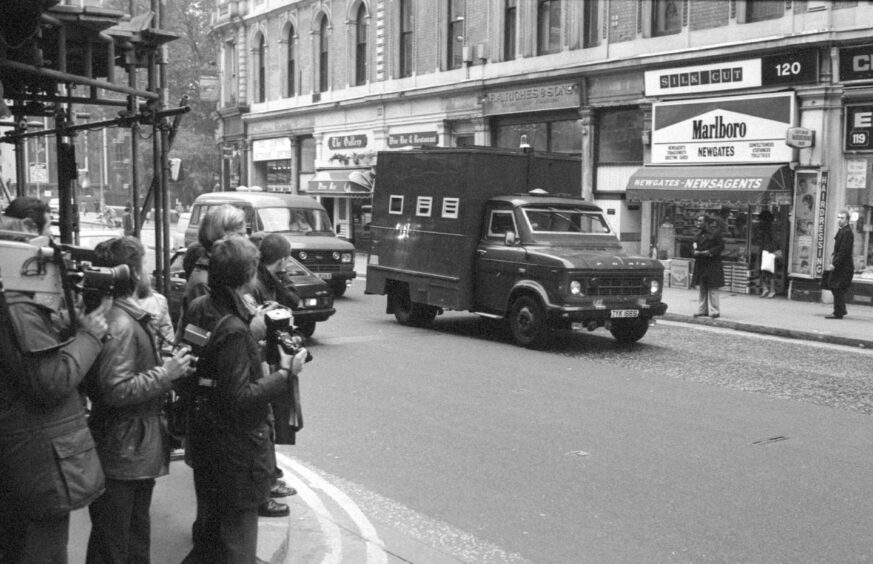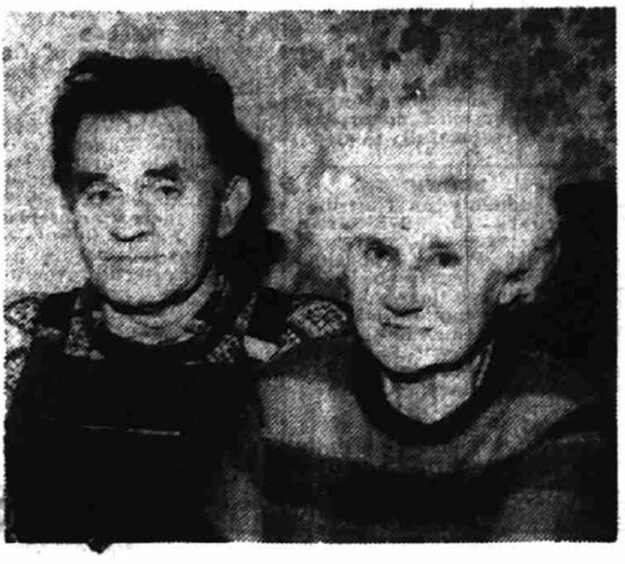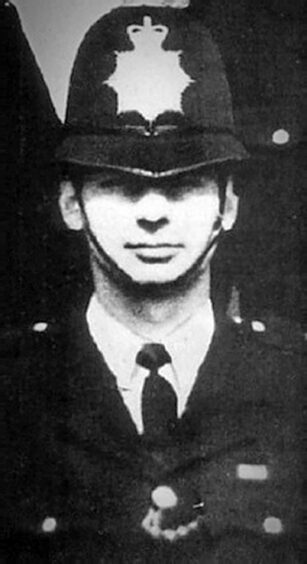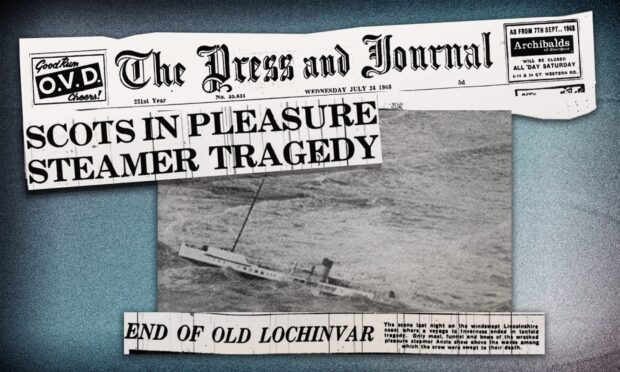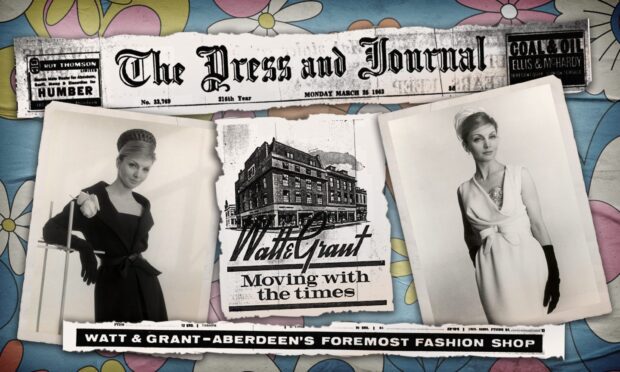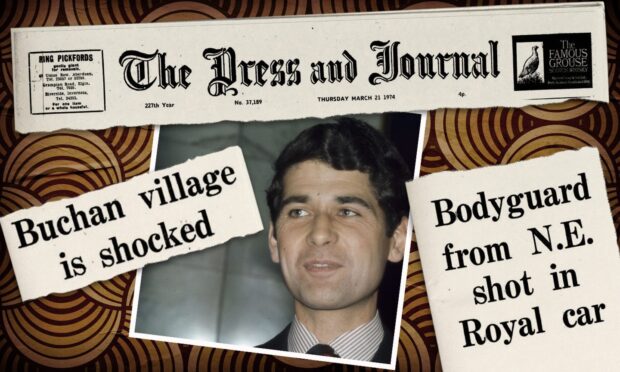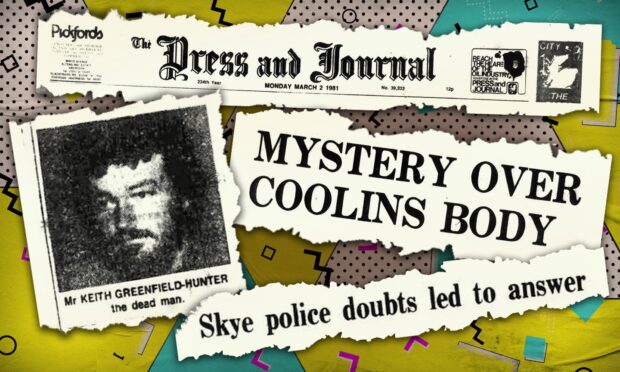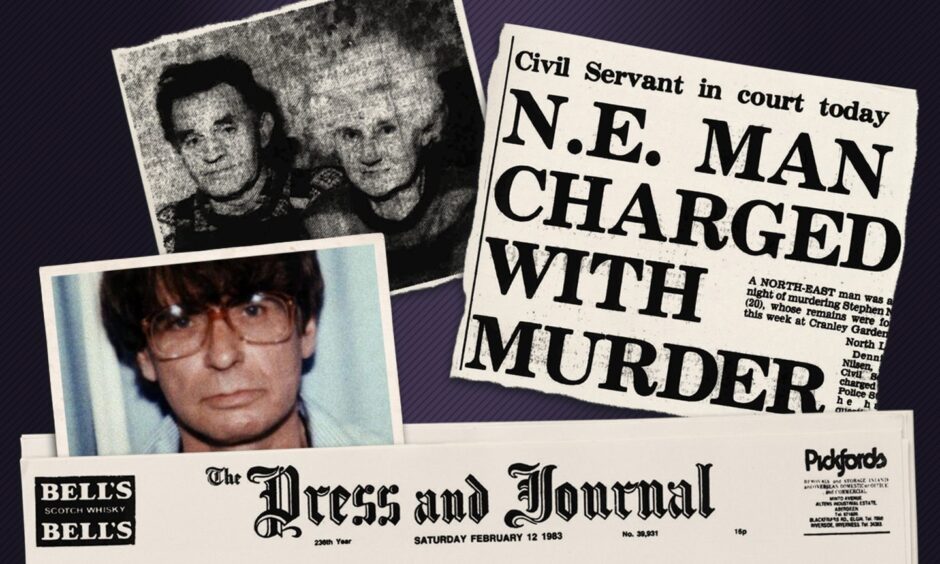
Naturally it was front page news in the P&J on this day in 1983.
“A north-east man was accused last night of murdering Stephen Neil Sinclair (20) whose remains were found earlier this week at Cranley Gardens, Hornsey, North London.”
But if readers were filled with horror at what was revealed that day, they were to be utterly aghast at the ensuing revelations.
The accused was no less than notorious serial killer, Fraserburgh-born Dennis Nilsen.
Later in 1983 he would be jailed for life on six counts of murder and two of attempted murder.
The number of his victims would eventually be found to tally somewhere between 12 and 15.
His gruesome crimes are well-documented, but at this point in 1983, the public woke only to reports that Dennis Andrew Nilsen, a 37 year old civil servant, had been questioned by detectives after human remains had been found by a plumber in a sewer at Cranley Gardens, North London; and that he was due to appear in court that day.
Reporters delved extensively into the background of Nilsen’s victim, Stephen Sinclair, the former foster-child of a couple living near Balbeggie in Perthshire.
They spoke to his shocked foster-parents, establishing that he had left them and gone to England a couple of years earlier.
Murder victim Stephen Sinclair had ‘lost touch’ with foster-parents
“We lost touch with him. He was never in touch with us after going to London,” said Mr Sinclair at the time.
“It is all very tragic and upsetting for myself and the rest of the family.”
Hindsight would reveal that many of Nilsen’s victims were vulnerable gay young men, often homeless.
The reports that day introduced a figure who would become familiar to the public down the years through media interviews, that of Nilsen’s loyal mother, Betty Scott.
She was then 63 and living with her second husband Adam Scott in Strichen.
She began to fill in details about her second child, Dennis, son of her first husband, Norwegian soldier Olav Magnus Moksheim. Moksheim later took the surname Nilsen.
Interview with Dennis Nilsen’s mother packed with clues
Unwittingly, what she told the press that day would be packed with clues that would help the Met piece together the context of Nilsen’s career in murder.
“White-haired Mrs Betty Scott said yesterday she last saw her son Dennis 10 years ago,” reported the P&J.
“He had just completed service in the Army—he was a cook in the Army Catering Corps for 12 years after entering as a boy soldier—and was waiting to join the Metropolitan Police, where he spent a year.
“During his Army service, Nilsen was attached to different regiments in West Germany, Aden, the Persian Gulf, Cyprus, Berlin, and was at one point with the Queen’s Guard at Ballater.”
That last detail must have shocked the P&J readership, especially in light of what would later be revealed about Nilsen.
Fraserburgh-born serial killer Dennis Nilsen worked in job centres
“After leaving the police, Nilsen worked with the Manpower Services Commission for six years. He was promoted to Kentish Town last June after spells at two other London job centres,” the report continued.
“Mrs Scott said that although she wrote to her son regularly, she received only occasional replies.
“She last spoke to him two weeks ago when she phoned him to say his stepsister Violet had had a baby.
“He was delighted to hear the news and seemed fine. He told me about his new job and his office in Kentish Town.”
Nilsen died at HMP Full Sutton in 2018, 34 years into his life sentence.
More from our On This Day series:
